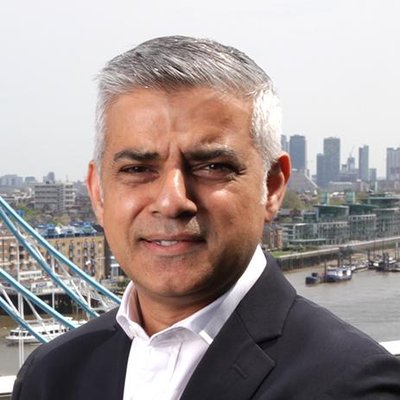Barry Sheerman – 2014 Parliamentary Question to the Department of Health
The below Parliamentary question was asked by Barry Sheerman on 2014-05-02.
To ask the Secretary of State for Health, what recent discussions he has had with senior management of NHS England about redundancies.
Dr Daniel Poulter
The Secretary of State meets regularly with NHS England to discuss a wide variety of issues. The Department is clear on the need to ensure that redundancy payments are made only in circumstances where it is appropriate to do so and has been working with NHS England to ensure that payments are tightly controlled, whilst meeting contractual obligations.
Redundancies are subject to rigorous scrutiny and challenge before being approved. Additionally, any individual redundancy compensation payment in excess of £100,000 also requires Departmental approval. Where redundancies do occur, NHS England ensures that these are formally subject to national NHS provisions to claw back any redundancy payment received where an individual then goes on to be re-employed within the National Health Service, further ensuring better value for the tax payer.
NHS England takes seriously its responsibilities to ensure that redundancy is a last resort and has implemented a system to seek to re-deploy any staff affected by such change to retain knowledge, skills and capability within the organisation, where at all possible.
NHS England has a responsibility for ensuring that maximum value for money for taxpayers is delivered, whilst seeking to improve health outcomes for patients through effective commissioning arrangements. As a direct employer of 6,000 people, NHS England has a responsibility to continually improve the way it delivers both commissioning and the provision of the services for which it is directly accountable, which includes the regular review of its workforce arrangements.
NHS England has advised that its redundancy costs for 2012-13 were £54,000, which represented 0.1% of total expenditure. For 2013-14 the costs were £1,017,000, which represented 0.003% of total expenditure.


